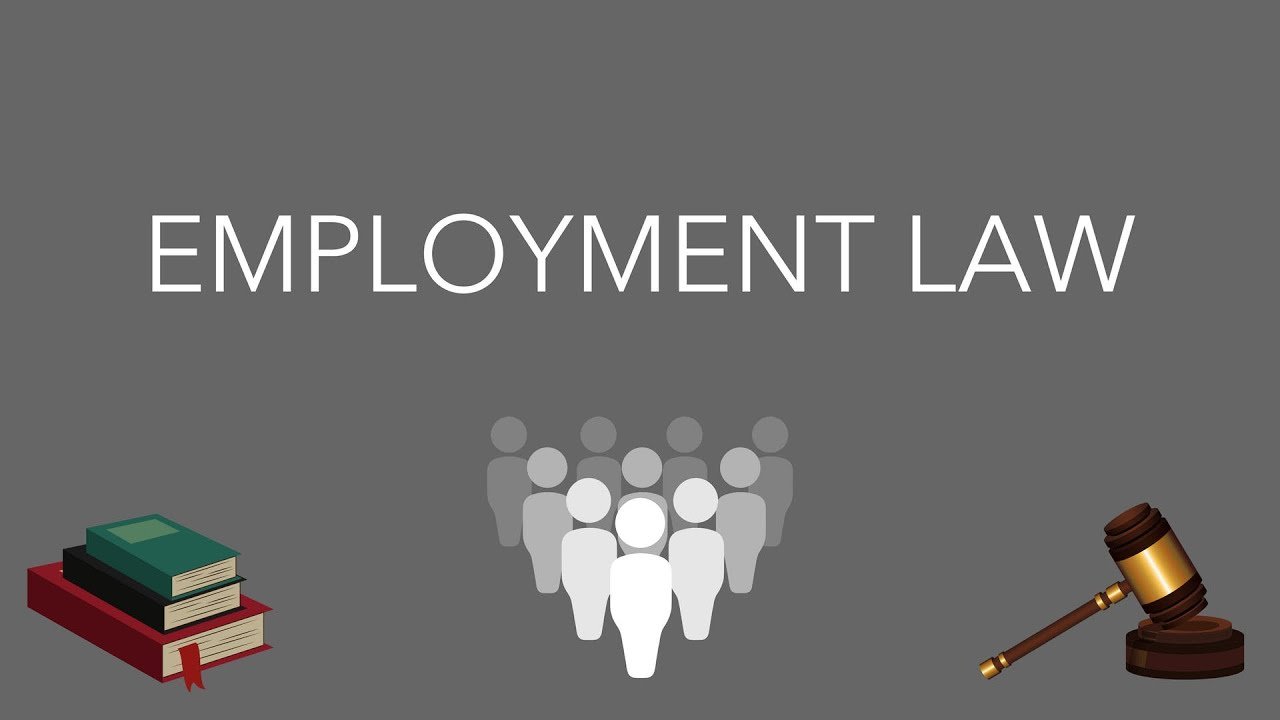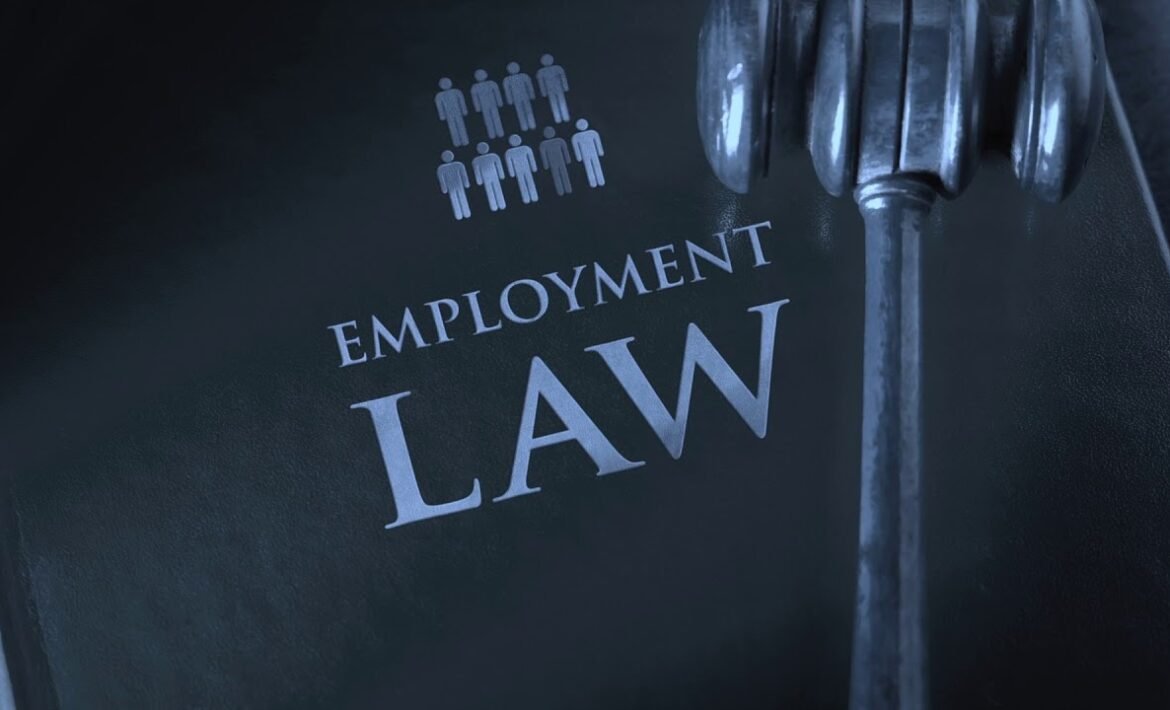Employment and law are deeply related. Together, they form the relationship between employers and employees. From hiring to work, employment laws regulate the workplace, salary, discrimination, workplace security, and other aspects of employment. For both employees and employers, it is essential to understand these legal frameworks to maintain a relevant, valid, and productive work environment.
What is labor law?
The Employment Act is a body of regulations and reformed legal standards that govern the relationship between workers and their employers. It exists to ensure that employees are adequately treated and fulfill their defined duties on both sides. This field of law encompasses various aspects, including:
Employment contract
- wages and wages
- Hours of work
- Health and safety
- Discrimination and harassment
- Incorrect termination
- Employee’s Fit
In most countries, employment laws are implemented by labor ministries, human rights commissions, or other regulatory officers.

Main area for work law
1. Employment contract
An employment contract determines the basis for the employment relationship. It emphasizes the conditions for job responsibility, salaries, working hours, profits, and termination. Employment laws ensure that contracts are not only legally binding but also fair, free from coercion, and without unfair effects.
2. Wages and Compensation
Minimum wage laws require employers to pay workers at least a legally defined hourly rate. In addition, employment law governs:
- Overtime pay
- Equal pay for equal work
- Timely wage payments
- Deductions and bonuses
3. Leave several hours of work
Workover sets the standard for maximum working hours, rest periods, and leaves. It includes:
- Annual holiday
- Absence
- Maternity and paternity leave
- Public holidays
Employees shall not be deprived of or denied their right to rest, which is protected by the law.
4. Health and safety
It provides a safe and healthy work environment. Demand for professional health and safety laws:
- Workplaces follow safety standards.
- Employees are trained in safety procedures.
- Protective equipment is provided where necessary.
- Employees also have the right to refuse unsafe work.
5. Discrimination and harassment
The workplace is based on gender, race, religion, age, disability, or other protected traits, and such practices are strictly prohibited. Employment laws promote equality and diversity. Employers should take steps:
- Stop discrimination
- Addresses complaints fairly
- Cares is an inclusive workplace.
6. End the employment
The employment law outlines the legal procedures for terminating an employee. It ensures that:
- Closing is appropriate
- Fixed notice or dissection is provided
- Inappropriate termination is avoided.
Errors or illegal termination can lead to orders or financial compensation.
What does labor law mean
For employees, these laws give:
- Job security
- Rights security
Impartial treatment
For employers, labor law:
- Reduce legal risk
- Promote a stable workplace.
- Help spread a message of justice and compassion.
An obedient and working environment also improves morality, productivity, and general job satisfaction.
Employee rights and employer manager
Employees are involved in rights:
- A safe and healthy workplace
- Fair pay and profit
- Equal treatment and opportunity
Security from unfair dismissal
Employers include liability:
- Compliance with workover
- Appropriate pay
- Providing a safe work status
- Avoid discrimination
The role of legal advisors and work attorneys
The right to employment can be complicated, especially for companies dealing with workers or those involved in disputes. Legal advisors and work attorneys play an essential role:
- Helps draft employment contracts
- Advice on compliance with local laws
- Solve disputes in the workplace.
- Representation of parties in the Labor Court or Tribunal
Both employees and employers benefit from consulting a legal specialist when legal issues arise.
Conclusion
Employment and law are closely linked to the workplace to ensure justice and security. From protecting employees’ rights to emphasizing employers’ responsibilities, the Labor Law Act plays a vital role in modern society. Whether you need justice or an employer to ensure legal compliance, it is essential to understand the laws related to creating a respectful, moral, and valid work environment.








